#chigurh
Explore tagged Tumblr posts
Text

Anton my pookie bear he's come back full circle in my mind
#anton chigurh#no country for old men#anton chigurh fanart#anton chigurh art#chigurh#ncfom#my art#anton no country for old men#no country for old men 2007
277 notes
·
View notes
Text
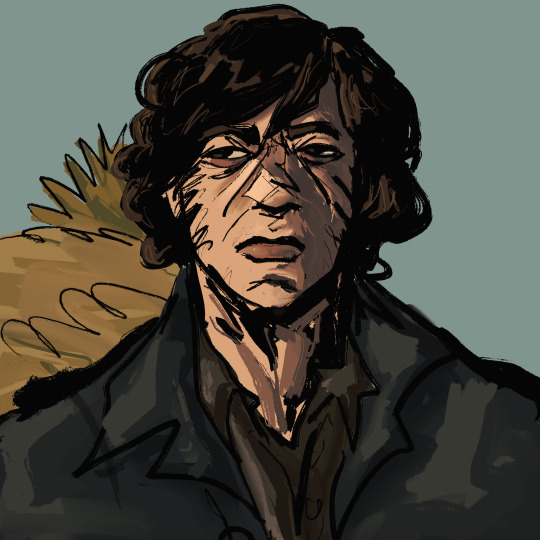
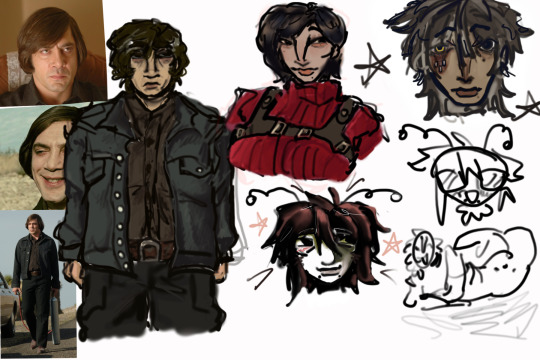

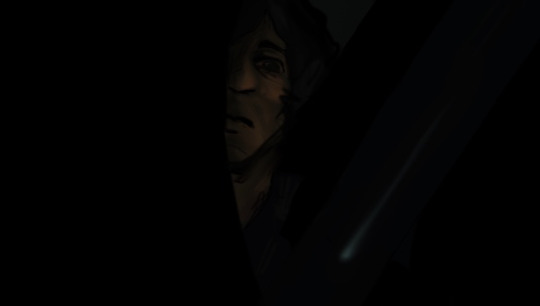

Chigurh + fish man
#art#digital art#fanart#horror art#no country for old men#anton chigurh#Chigurh#Ada wong#this guy has the ugliest bob ever#cannot stop drawing him tho
54 notes
·
View notes
Text
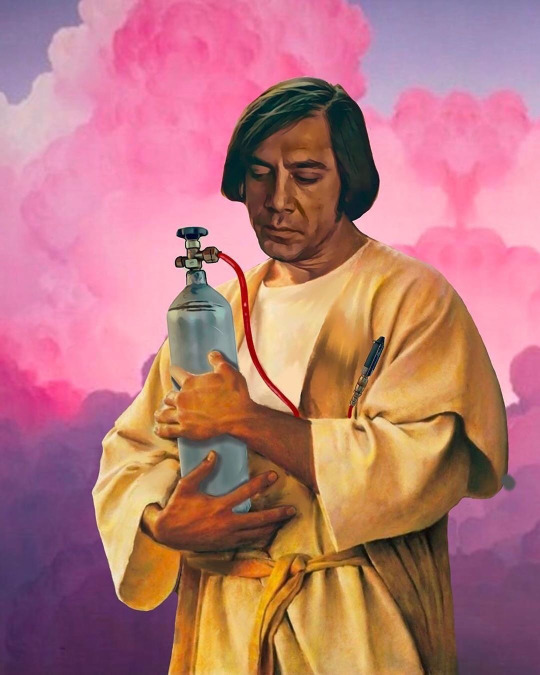
Illustration by @steve_fagiano_art
“Chigurh stands up to God with an unflinching, uncompromising belief in predetermination—no free will or human choice, no mercy or sentiment, no giving in or letting go or giving up. Principled in the purity of his work, he defies sentiment and falsehood and betrayal. A pure born-again agent of death, anti-Christ Calvinist Chigurh is a man of his deadly word, a relentless avenger, an implacable killer defying God, no less than the diabolic Judge in Blood Meridian. "How to prevail over that which you refuse to acknowledge the existence of" lago was never so clear-minded, Ahab no more manically fixated, Kurtz no less obsessed with his mission to exterminate losers. "The horror! The horror!" What more can a man say of pure evil?” - Kenneth Lincoln, ‘Cormac McCarthy: American Canticles’ (2010) [p. 144, 145]
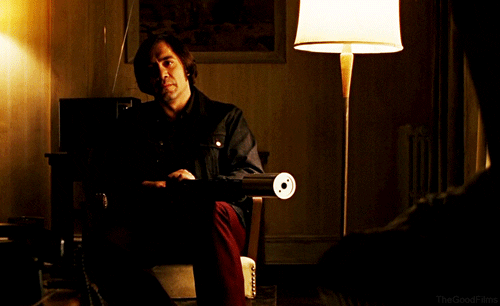
“Chigurh again adopts the Socratic method in his final encounter with his fellow hitman Carson Wells. Although Wells isn't given the privilege of a coin toss, Chigurh nevertheless engages in an incisive dialogue with his victim. While holding Wells at gunpoint, Chigurh asks, "If the rule you followed led you to this of what use was the rule?" When Wells replies, "I don't know what you're talking about," Chigurh elaborates: "I'm talking about your life. In which now everything can be seen at once." Knowing that the moment of death has arrived, Chigurh wants Wells to examine the path that led him here, claiming that the present situation "calls past events into question" (175). Even though Chigurh admits that he and Wells are in the "same line of work," he finds it necessary to distance himself from the other hit-man: "You think I'm like you. That it's just greed. But I'm not like you. I live a simple life" (177). This distinction between the two hired assassins suggests that Chigurh transcends mere criminality. The "simple life" he leads imbues him with the ascetic austerity of a monk pledged to evil, a satanic reversal of traditional, spiritual roles hinted at by other descriptions of Chigurh as a "faith healer" and a "prophet of destruction" (7, 3). In his study of the portrayal of evil in literature and cinema, Paul Oppenheimer points out that evil often "begins in criminality" but then "surpasses criminality, and finally, by comparison with criminality, overwhelms and belittles it, causing it to seem oddly cumbersome and even childish" (21). Chigurh lives by a different "rule," not motivated by the usual spectrum of human desires and thus remaining largely inscrutable.
It is significant that Wells is given a premonition of his own death exactly three days before it takes place. While examining the damage caused by a shootout between Chigurh and Moss at the Eagle Pass motel, Wells notices "two bulletholes in the windowglass" of a "second floor level" apartment across the street. After knocking on the door and receiving no answer, Wells lets himself in and finds the corpse of an old woman: "She'd been shot through the forehead and had tilted forward leaving part of the back of her skull and a good bit of dried brainmatter stuck to the slat of the rocker behind her. . . . A second shot had marked a date on a calendar on the wall behind her that was three days hence" (147). The path of the stray bullet converges with the path of the unsuspecting woman, much as Chigurh's coin converges with the equally unsuspecting gas station owner earlier in the novel. The woman's death reminds Wells of the inexorable machinations of fate: "Not what you had in mind at all, was it darling?" he asks (148). Wells correctly interprets the mark on the calendar as a portent of the day of his own impending death.
During the final encounter, he tells Chigurh, "By the old woman's calendar I've got three more minutes. Well the hell with it. I think I saw all this coming a long time ago. Almost like a dream. Déja vu." Well's words reveal that he had a vision of his own death long before he saw the calendar. Nevertheless, the question posed by Chigurh, namely, "How did you let yourself get in this situation?" suggest that it was still within Wells's power to make different choices, live by a different "rule," and thereby change his fate. Chigurh encourages Wells to engage in a final moment of self-reflection: "I thought you might want to explain yourself. . . . Not to me. To yourself" (178). Chigurh's questions seem to be directing Wells toward something akin to the existentialist concept of authentic existence, which, though "not clearly defined by the existentialists . . . implies an attitude of sincerity and honesty and the absence of self-deception" (de Silva 1). Furthermore, it is a mode of existence based on "a realization that one is what one makes oneself by one's acts" (Manser 20). It is worth mentioning that Sheriff Bell strives for the same realization: "It's a life's work to see yourself for what you really are and even then you might be wrong. And that is somethin I dont want to be wrong about" (295). Despite the fact that Bell and Chigurh are diametrically opposed in a Manichean battle between good and evil, respectively, both men insist on the importance of authentic existence arrived at through knowledge of the self.
Existentialist themes are also apparent in Chigurh's attempts to make his victims come to terms with the inevitability of death. He accuses Wells of believing that he can keep death at bay: "You think that as long as you keep looking at me you can put it off." Wells denies thinking such a thing, but Chigurh insists, "Yes you do. You should admit your situation. There would be more dignity in it. I'm trying to help you" (176). Behind the "existential preoccupation with the theme of death" is the belief that "living authentically is living constantly in its presence, for then alone can we attain 'freedom in the face of death" (Dutt 80). When Wells accuses Chigurh of thinking that he is "outside of everything" and reminds him that he is "not outside of death," Chigurh replies, "It doesnt mean to me what it does to you" (177). The reply can be read in two ways, the surface reading being that Chigurh has adopted an existentialist approach to death. More subtly, however, the words hint at the idea that Chigurh is no ordinary mortal and may perhaps be Death itself, albeit a modern version that carries a pneumatic stun-bolt gun instead of the traditional scythe.
Wells grows weary of the conversation, announcing, "I'm not interested in your opinions. . . . Just do it. You goddamned psychopath. Do it and goddamn you to hell." Despite the verbal command, Wells's body language suggests that he is not quite ready: "He closed his eyes and he turned his head and he raised one hand to fend away what could not be fended away. Chigurh shot him in the face" (177). Although there is some discrepancy between Wells's words and his reaction to the shot, the fact that Wells commands it enables him to reclaim a certain degree of control over his fate, however insignificant it may appear. Furthermore, McCarthy makes a point of informing the reader that the "new day was still a minute away" (178), thereby emphasizing the fact that the old woman's calendar was not entirely accurate. The fact that, by asking Chigurh to shoot him a minute early, Wells refuses to die on the prophesied day suggests that even within a universe ruled by seemingly inexorable forces of fate, minute degrees of free will and personal agency remain.” - Petra Mundik, ‘A Bloody and Barbarous God: The Metaphysics of Cormac McCarthy’ (2016) [p. 268 - 270]
“The Coen brothers built a story of war between two teams: one team represent the human mind wish to understand the world and the second team represent the universe as a chaos. During the first half of the movie the war looks good for the human mind team but then the human mind team lose – a beatiful metaphor for absurdism.
(…)
Result of the war:
Anton kills Carson, Llewelyn is killed by Mexicans, and the sheriff is retired loosing hope in the world.
The Coen brothers message in this film is that they do not think humans mind will ever be able to understand the world and we are doom to internal ignorance. Depressing.”
#no country for old men#anton chigurh#chigurh#cormac mccarthy#existentialism#absurdism#socratic method#coen brothers
89 notes
·
View notes
Text
NO ES PAÍS PARA DÉBILES Y VIEJOS. ¿CUÁL?
“¿ANTON CHIGUHR Y QUIÉN OTRO?” “Anton Chigurh es un asesino psicópata que sigue su propia ética y asesina sin compasión ni remordimiento, pero siempre con deliberación. Se le describe con su propia moral retorcida (por ejemplo, intentando matar al dueño de la gasolinera porque creía que había obtenido el beneficio del negocio mediante su matrimonio). Tampoco tiene muchas emociones, no siente…
#anton chigurh#ccrmac mcCarthy#chigurh#coen hermanos#corman mccarthy#der spiegel#ethan y joen coen#javier bardem#no es país paa débiles#slider
1 note
·
View note
Text

614 notes
·
View notes
Text
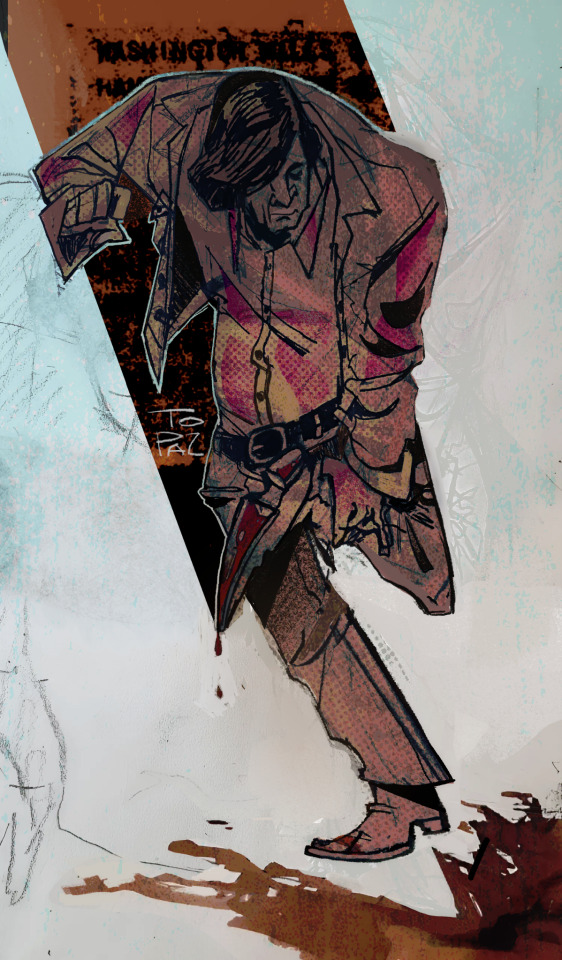
my baby doesn't like getting his boots dirty 💋
416 notes
·
View notes
Text


Feathers McGraw. The most genuinely evil penguin/dude in history.
David Fincher could not come up with somebody so bad.
He’s basically Javier Bardem’s character from No Old Country for Old Men.
But as a penguin.
615 notes
·
View notes
Text

the conclave hates to see him coming
198 notes
·
View notes
Text
I like my men pathetic, and he’s not nearly pathetic enough…
I can fix that 💜
#x reader#monster fucker#slasher lover#fanfic community#rz michael myers#thomas hewitt#thanos squid game#choso smut#dracule mihawk#billy lenz#stu macher#xavier love and deepspace#sylus love and deepspace#Anton Chigurh#eyeless jack#monster lover#sukuna#ryomen sukuna#the lost boys#brahms heelshire#simon riley#könig
280 notes
·
View notes
Text


the best haircut ever
#lisa rpg#lisa the painful#brad armstrong#terry hintz#hero inside#super scott#no country for old men#anton chigurh#the incredibles#edna mode#the lorax#aloysius o'hare#undertale#frisk#charlie and the chocolate factory#willy wonka#shrek#lord farquaad
250 notes
·
View notes
Text

hello anton nation (theres like 3 of you)
185 notes
·
View notes
Text
Tw: Slight Flashing/fastscenes/violence
A little short edit I made 😈😈
#my edit#anton no country for old men#anton chigurh#chigurh#ncfom#no country for old men#anton chigurh edit#ncfom edit#ncfomposts
38 notes
·
View notes
Text








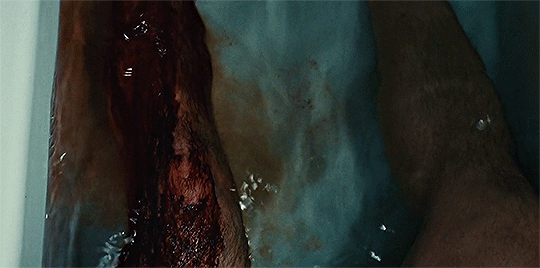



















JAVIER BARDEM as ANTON CHIGURH in No Country for Old Men (2007) dir. Joel & Ethan Coen
591 notes
·
View notes
Text

old magma drawings
165 notes
·
View notes
Text

589 notes
·
View notes
Text

the demented duo ✨
#feathers mcgraw#anton chigurh#redraw#crossover#wallace and gromit#no country for old men#vengence most fowl
213 notes
·
View notes